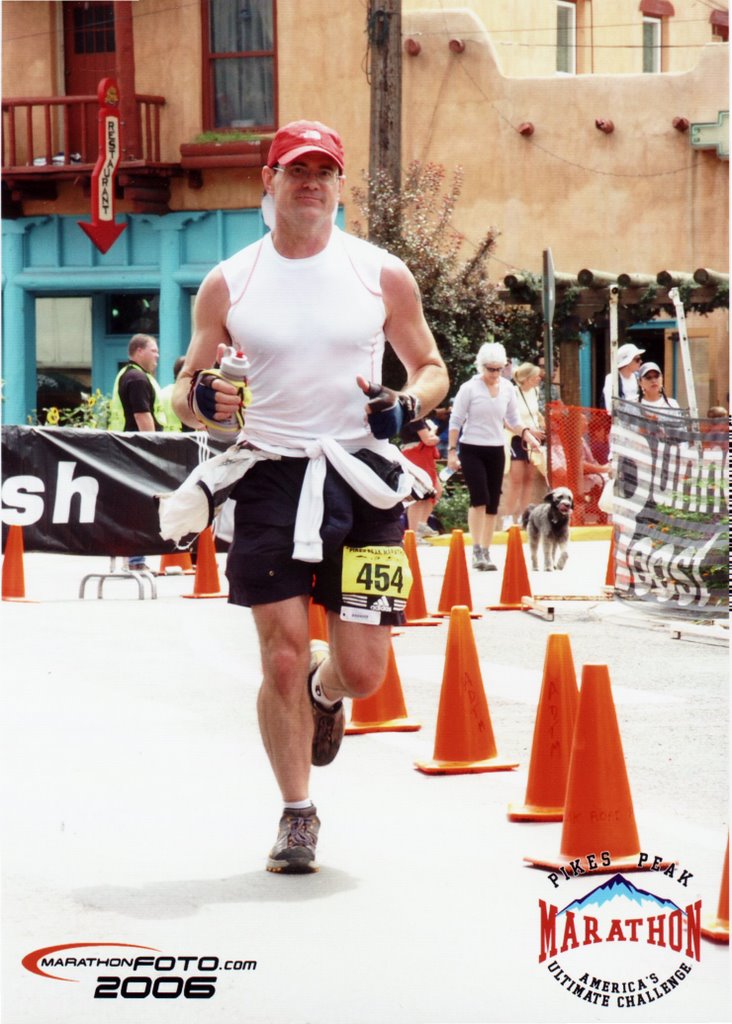Running in Weather
I noticed that many people are obsessed with strict training routines and schedules. They obsess over clock times.
I really don't care about that kind of stuff, yet I'm doing okay. Granted, I could do even better (I'm guessing), if I cared less about fun and more about winning.
It's just that, in Colorado mountains and in ultra-running, effort is more important than strict clock times.
Many workouts claim you should do "this" distance at "10k pace", and that means an optimal, flat-land, usually low-elevation 10k.
It seems meaningless in the mountains. If you want to train for mountain races, pace=effort.
If it's windy, and you're running against the wind, it's okay if your splits are slower. And you shouldn't avoid the wind. After all, you may be running a race in such winds.
If it's icy, it's an opportunity to practice running on ice, because during a race, the one that survives will beat out the competition.
Same thing goes for snow, mud, and rain.
When you're starting a race, and you're thinking how horribly grueling the miles will be because Mother Nature is dumping a surprise on the course, the one uplifting thing should be your knowledge that you've trained for this. Others may not have. So-called "bad weather" shouldn't depress you - it should reassure you that you'll do better than usual.
I keep thinking this because the Salida Marathon is coming up. Even though the RD from last year promised me the inaugural conditions were worse than usual, this is an area that can get a foot of snow in July, so there's no telling what you'll get March 17.
I ran 5.3 on Monday, 5.1 on Tuesday, 2.0 on Wednesday, and I just gave blood. I'm supposed to do 6.7 or more on Green Mountain. I may end up hiking it, if my heart strains too much. No use in killing myself.
I'm hoping that running shorter mileage more often will make me less likely to injure, while at the same time, ramping-up my miles towards Leadville.


0 Comments:
Post a Comment
<< Home